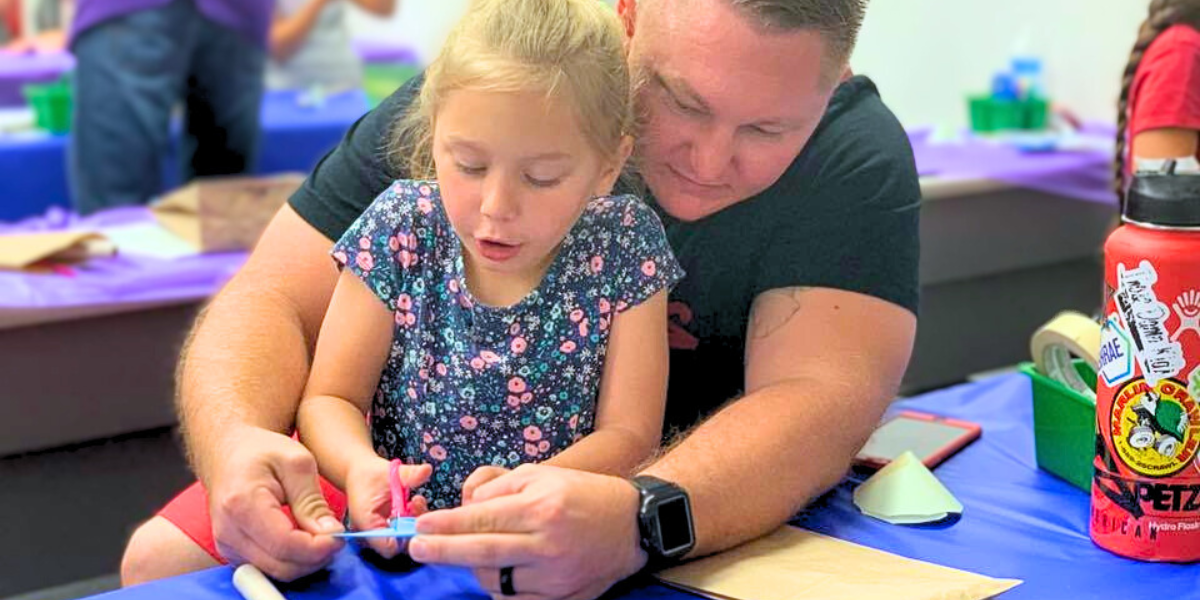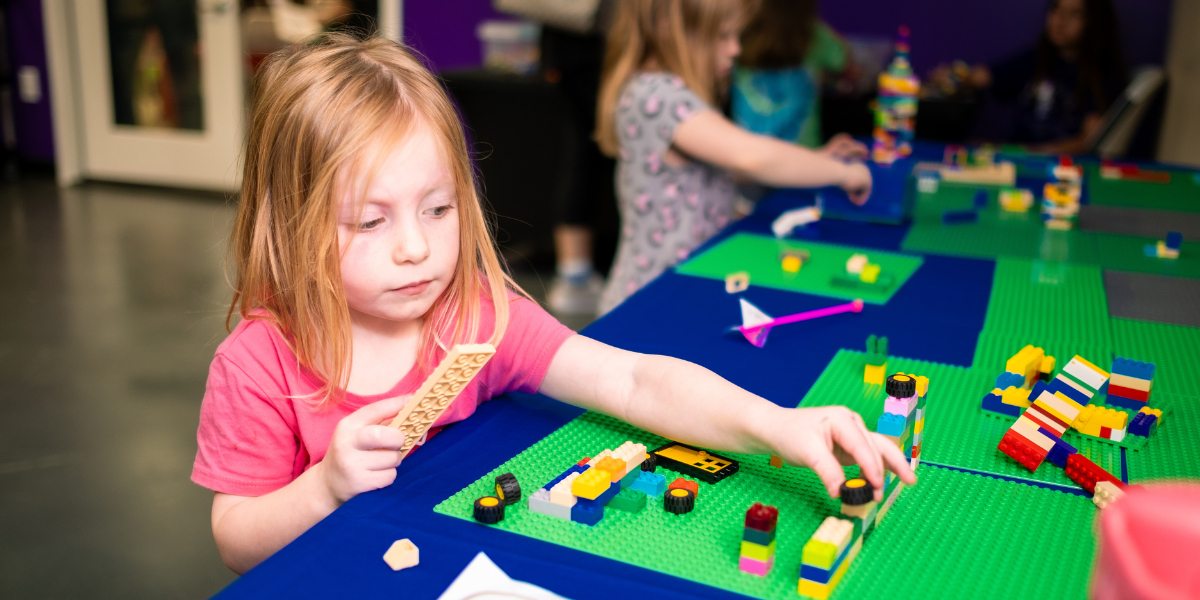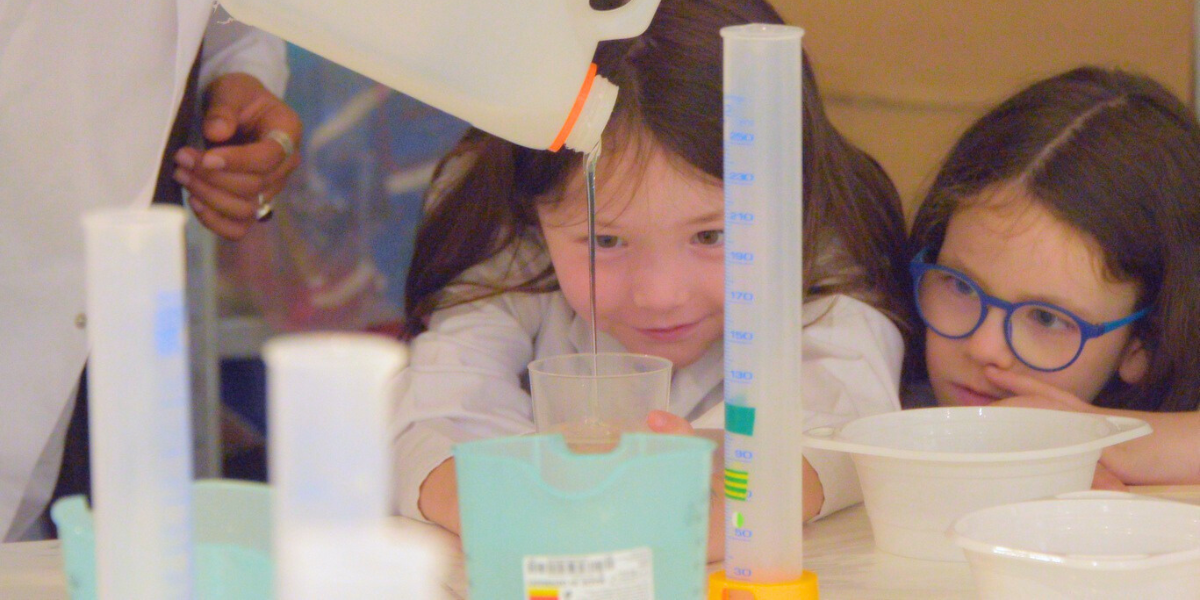
Children naturally develop crucial skills through play–from creativity and curiosity to problem-solving and social skills. Therefore, creating time for your child’s development through games and play is a wonderful idea.
Here are seven engaging ways to make the most of playtime while supporting your child’s growth.
1. Dress-Up and Role Play
Dress-up play opens doors to understanding the world around us. When kids try on different roles, they’re learning about adult lives and relationships in a natural way. Watch as they develop fine motor skills by buttoning shirts and zipping pants during their imaginative adventures.
You don’t need fancy costumes–your old clothes, household items, and toys like play medical kits give kids everything they need to let their imaginations soar.
2. Sensory Play Adventures
For toddlers especially, sensory play builds essential skills. Create an inviting space with a simple bin filled with safe, touchable treasures:
- Natural items like flower petals, leaves, and seashells
- Craft supplies including pompoms and ribbon curls
- Household basics like cotton balls and fabric scraps
- Safe kitchen items such as rice and dry beans
- Building materials like wooden blocks
3. The Magic of Building Blocks
Building blocks and construction toys help kids develop persistence while sparking creativity. Whether they’re crafting castles or designing spaceships, each project builds confidence and problem-solving abilities.
Ask your children what kind of building project excites them–from magical castles to busy police stations. While they play, share stories about how these toys came to be. The more they learn while having fun, the better they’ll do in school.

4. Enroll your Children in Robotics Classes
With engineering jobs growing yearly, early exposure to robotics can spark lifelong interests. Engineering For Kids offers engaging robotics classes where children learn robot design and basic programming through hands-on play.
These classes naturally develop:
- Creative thinking
- Social skills
- Problem-solving abilities
- Early programming concepts
5. Active Play with Sports Equipment
Physical activity matters just as much as mental development. Simple equipment like balls encourages throwing, catching, and kicking–all great for muscle development and coordination. Spend just 15 minutes playing catch or soccer with your kids to boost their physical skills.
Remember, you don’t need expensive gear. Make simple balls from rolled socks or crumpled paper for just as much fun.
6. Kitchen Adventures
Cooking together opens up learning opportunities in every direction. Invite kids to help with simple meal prep or set up pretend cooking stations. They’ll practice:
- Basic kitchen safety
- Math through measuring
- Following step-by-step instructions
- Self-reliance skills
Even pretend cooking builds valuable skills while keeping things fun and safe.

7. Treasure Hunt Explorations
Today’s kids need more outdoor time to reduce stress and improve focus. Create engaging treasure hunts in your yard or local park. Have them search for:
- Different types of leaves
- Interesting rocks
- Bird tracks
- Colorful flowers
- Cool insects
Make it a regular adventure–try setting up new hunts every other week to keep curiosity growing. Visit Engineering For Kids to find a location near you and get started
Start Their Journey Today
Ready to boost your child’s development through play? Engineering For Kids offers expert-led programs that make learning exciting. Visit Engineering For Kids to find a location near you and get started.
Author: Kristin Savage
Kristin Savage is an educational writer and editor. She runs her own blog and helps college students and school children to develop their writing talents. Kristen is a volunteer at a local youth center and e-learning enthusiast.




